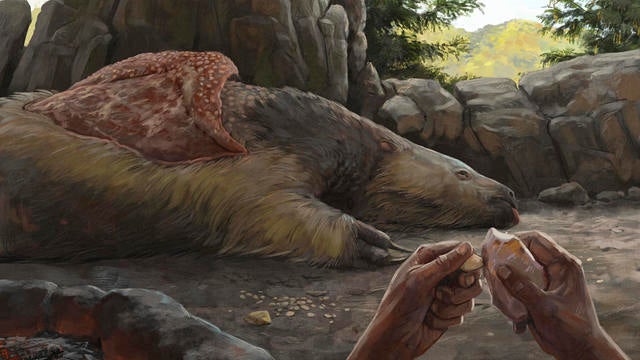
Americans coexisted with 4-ton sloths for millennia, research shows
Early Americans may have spent millennia sharing prehistoric savannas and wetlands with enormous beasts, research shows.


Early Americans may have spent millennia sharing prehistoric savannas and wetlands with enormous beasts, research shows.
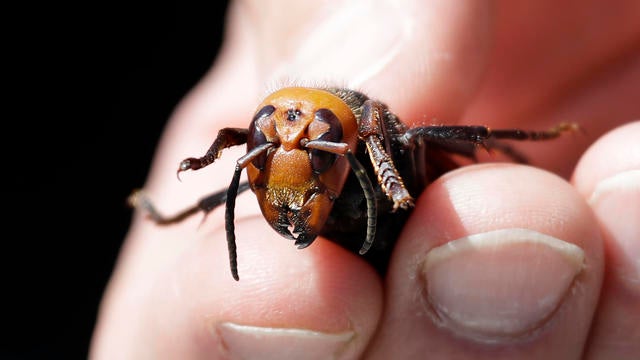
Giant hornets, dubbed "murder hornets," have been eradicated in the U.S., five years after the invasive species was first detected in Washington state.
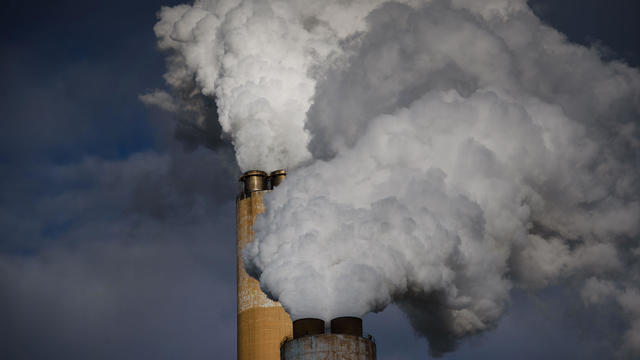
World coal use is set to reach an all-time high in 2024, the International Energy Agency says, in a year all but certain to be the hottest in recorded history.
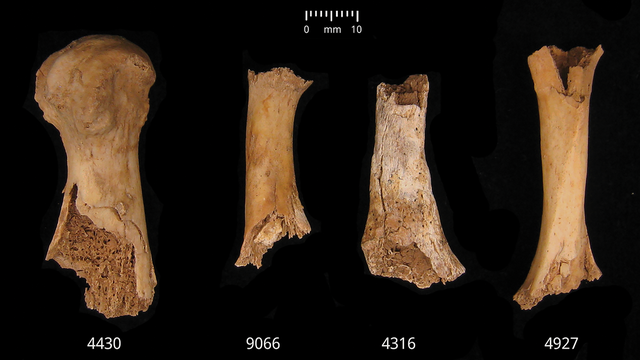
Researchers determined that dozens of men, women and children were violently killed and cannibalized in Bronze Age-era England.
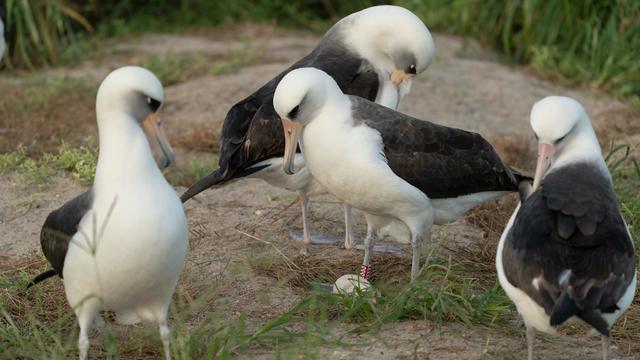
Wisdom the Laysan albatross was first tagged by researchers in 1956. Since then, she's believed to have raised as many as 30 chicks.
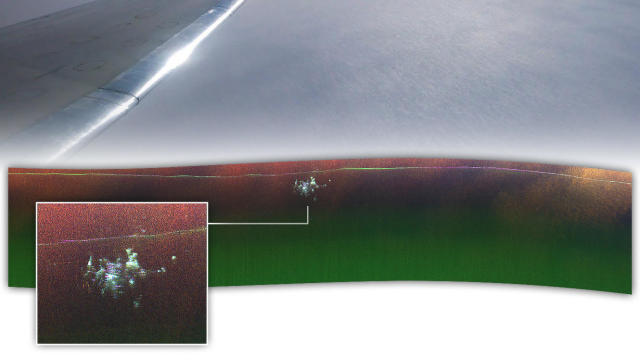
Scientists now have a clearer picture of Camp Century, an abandoned U.S. military base long hidden under the ice in Greenland, thanks to a NASA research team's good luck.

Forensic pathologists hope advanced DNA testing technology will enable them to attach names to all the unidentified people at the Honolulu Medical Examiner's Office.

At the Johnson Space Food Systems Laboratory in Houston, NASA scientists develop dishes – freeze-dried, heat-stabilized, or irradiated – to serve on the International Space Station. Correspondent David Pogue checks out what's on the menu in Earth orbit.
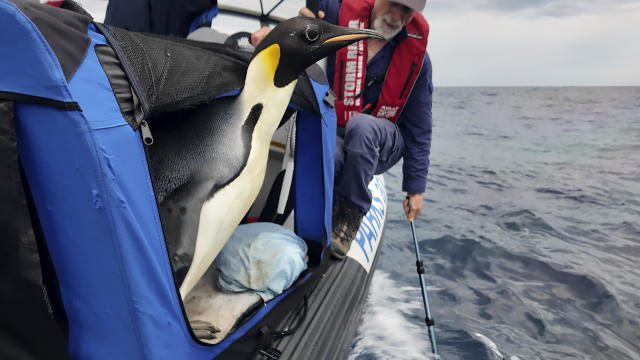
The only emperor penguin known to have swum from Antarctica to Australia was released at sea 20 days after he waddled ashore on a popular tourist beach.
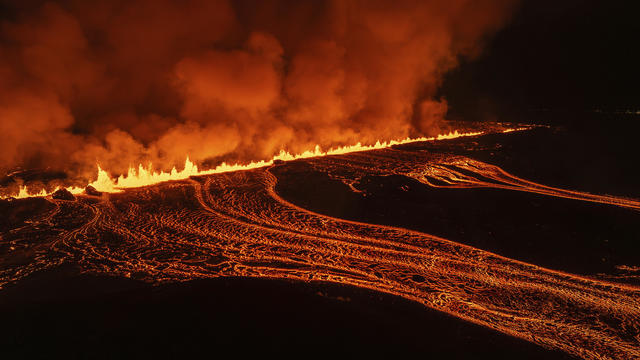
A volcano erupted in southern Iceland, near the town of Grindavík and the Blue Lagoon spa, marking the region's seventh eruption in a year.


Our website uses cookies to improve your experience. Learn more